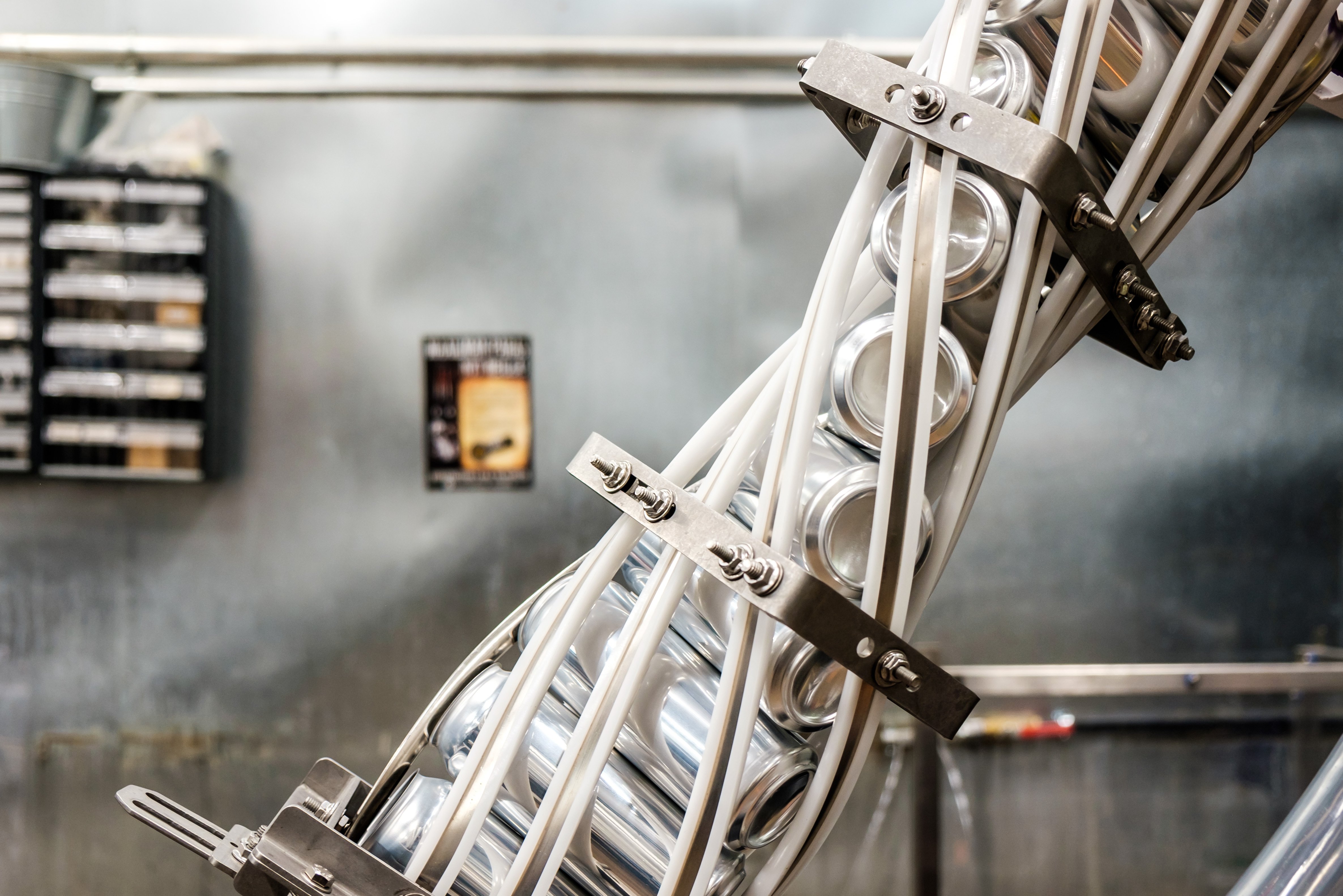A new report by accounting firm KPMG has shown companies with females on their boards achieve higher revenue growth, profitability and shareholder returns.
The KPMG Enterprise's 2017 ASX 300+ Report analysed 664 companies, including 626 local entities and 38 foreign companies listed in Australia.
While only 21 companies in the ASX 300+ had a female CEO (3%), they delivered a 9% increase in revenue in 2016, compared to the group-wide average of 0.5%.
The Australian Institute of Company Directors (AICD) is calling for all boards to ensure that 30% of their directors are female and are looking for the country’s largest companies to achieve this by the end of 2018.
However, 65% of mid-cap listed companies have no female directors at all, contrary to the ASX Corporate Governance Guidelines that recommend all listed entities implement a Diversity Policy and measure against it.
The KPMG report found the talent pool of female directors with pre-existing experience as a director or executive was too small.
"Companies need to identify the people who could support their strategy and culture with fresh and relevant experience, then help them to prepare for these senior positions," it said. "They need to nurture that talent to help fulfil their strategic aims."
KPMG Enterprise Director Sarah Cain (pictured) added: "Sponsorship can be game changing. I have experienced this in my own career. Rather than mentoring women and talking to them about how to succeed, sponsorship allows senior male leaders to identify top female talent and talk ‘about’ them and introduce them to the influential individuals in their professional networks. The sponsorship relationship challenges the sponsored person to step outside their comfort zone and make the next career move with confidence.
"Sponsorship programs throughout our mid-cap corporate organisations and a commitment to a culture of diversity will help ensure the next generation of female leaders make up half the table in all organisations."
KPMG also found diversity of age, culture, and experience could help fuel more robust discussions and decision making.
Share the content










